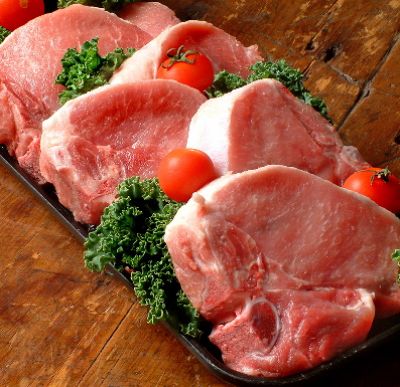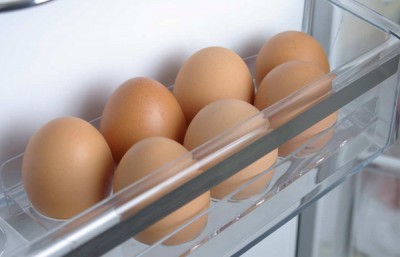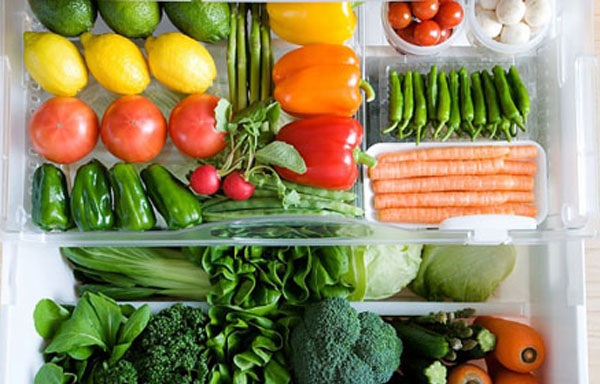Poultry and Meat

When buying these types, keep them in their original packaging if you buy from a supermarket. If you buy from a market, store them separately in a food container specially designed for meat and use them within about 2 days. If you want to keep them longer and preserve fresh food effectively, put the meat in the freezer, wrap the meat tightly to keep them fresh and, more importantly, to avoid the risk of bacterial infection. You can use plastic wrap to wrap the food or use regular silver paper to wrap all kinds of meat. However, if you put the meat in the freezer, you need to wrap it in multiple layers. This will prevent the fresh food from freezing excessively, losing its natural flavors. It also helps you to defrost it faster. For cotton and salted smoked meat, you need to put them in a food container and cover them with a cloth soaked in salt on top.
Seafood

Seafood such as fish, shrimp, clams, mussels… often have a distinctive fishy smell, so to avoid affecting the smell of other foods in the refrigerator, you should wrap them with plastic wrap before putting them in a sealed container. Additionally, after cooking fish, you can dilute vinegar and pour it directly on the fish to limit the fishy smell. Another trick is to boil the fish before putting it in the fridge, which helps prevent the fish from becoming fishy and losing its nutrients.
Eggs

Eggs should be kept in their original carton or placed in a dedicated egg holder in the refrigerator. One small tip for storing eggs in the refrigerator is to place them upright on the shelf, with the larger end facing upwards, which will help the eggs stay fresh for longer.
Milk
Milk easily absorbs the taste of other foods. Therefore, you should not place milk near strongly flavored foods. The best way is to keep them in their original packaging or put them in a tightly sealed container and place it in the refrigerator’s cool compartment. In addition, milk is prone to bacterial contamination and fermentation if not properly stored. Therefore, use all the milk if you have opened it, or pour the excess milk into a sealed container, then store it in the refrigerator’s cool compartment and consume it within 24 hours to ensure that the nutrients are not lost.
Preserving fruits and vegetables

Fruits with high water content (oranges, strawberries, grapes, peaches, etc.) are prone to softening, rotting, and leaking if not properly stored. First, you should line the bottom of the box or zip bag with a layer of good moisture-absorbing paper towel before putting these fruits in the refrigerator to keep them dry and fresh. In addition, you should regularly check and remove immediately any rotten or damaged fruits to prevent them from affecting the moisture and spoiling the nearby fruits. For vegetables: When you buy vegetables, you should remove and discard any wilted and rotten leaves, but do not soak them. Instead, put them directly into a zip bag or a lined container to ensure that the vegetables are not wet, as a damp and cold environment can cause withering, rotting, and bruising of the vegetables. Therefore, with the above methods of storing fresh food, you can store vegetables for about 2 weeks. Try to cook and consume them as soon as possible.
Adjust the appropriate temperature
You also need to pay attention to the temperature for storing fresh food. Temperature also plays a crucial role in preserving fresh food. When kept in the refrigerator, you should keep the temperature of the refrigerator at 2 degrees C and -25 degrees C for the freezer compartment.


































